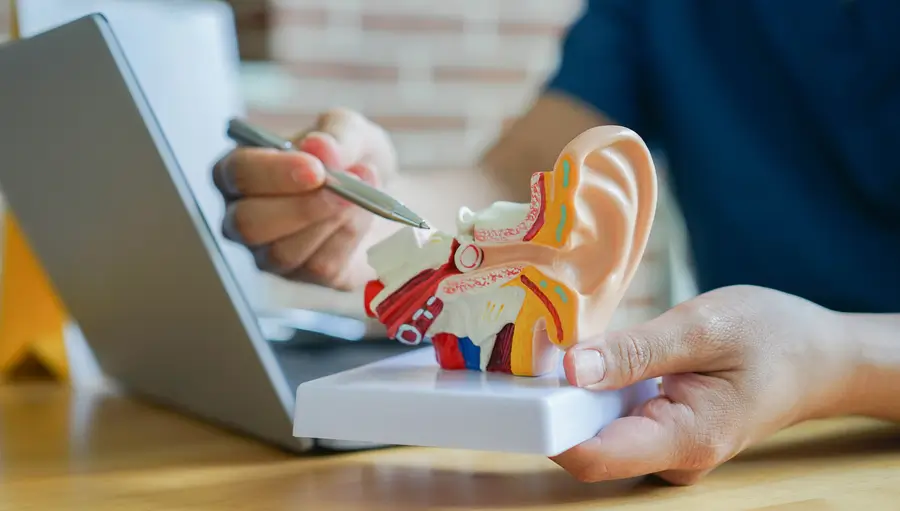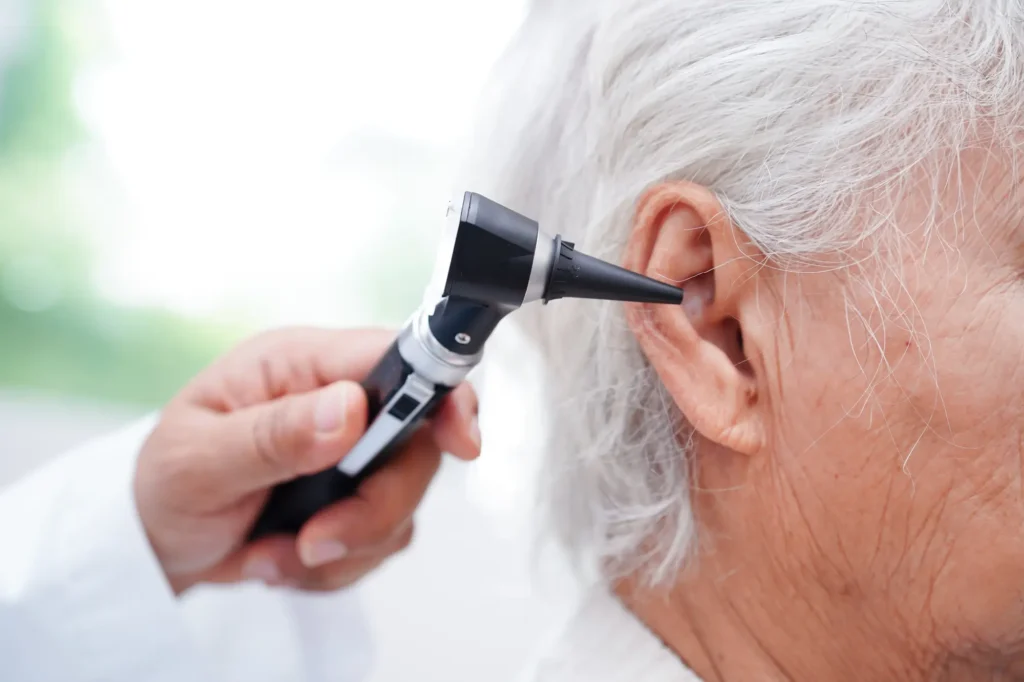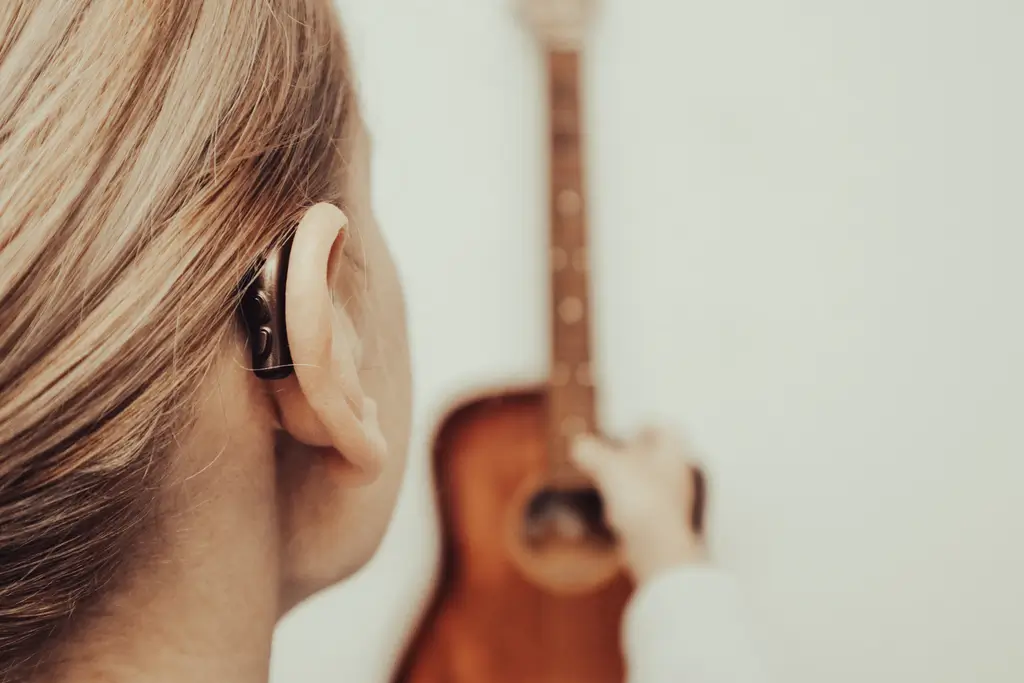Living with hearing loss can be overwhelming, but recovery is often possible with the right support. One of the most effective tools is aural rehabilitation.
Home Blog
Blog
Hearing loss affects millions of people, but not all hearing loss is the same. Understanding the difference between conductive hearing loss and sensorineural hearing loss is the first step toward finding the right support. While both conditions impact your hearing, they have different causes. Knowing the distinction can make all the difference in treatment.
Clear hearing doesn’t just come from wearing your devices — it comes from taking care of them. With consistent hearing aid care, you can stay connected, avoid unnecessary repairs, and extend the life of your technology. A few easy habits can help you keep things running smoothly.
Tinnitus is the perception of sound, such as ringing or buzzing, without an external source. Although it may seem purely physical, the emotional impact of hearing issues, such as this one, is powerful.
Have you noticed that you can’t usually pinpoint where a sound is coming from? Do you struggle to understand people when they speak too quickly or when the environment is too noisy?
You might have heard about it in a heartwarming news story or during a visit with your audiologist. The name has become somewhat familiar
Cochlear implants can be life-changing. These devices allow patients with profound hearing loss to regain their world of sound. If you’ve ever wondered, “How does a cochlear implant enable the deaf to hear?” – you’re in the right place.
Did you know that hearing health has a large impact on the city's cultural diversity? People with untreated hearing issues are more likely to experience communication barriers, social isolation, and professional challenges.
For musicians, sound is something to shape and sculpt with intention. So when hearing loss affects balance, pitch, or tone perception, it becomes more than a technical challenge – it impacts the creative process.









